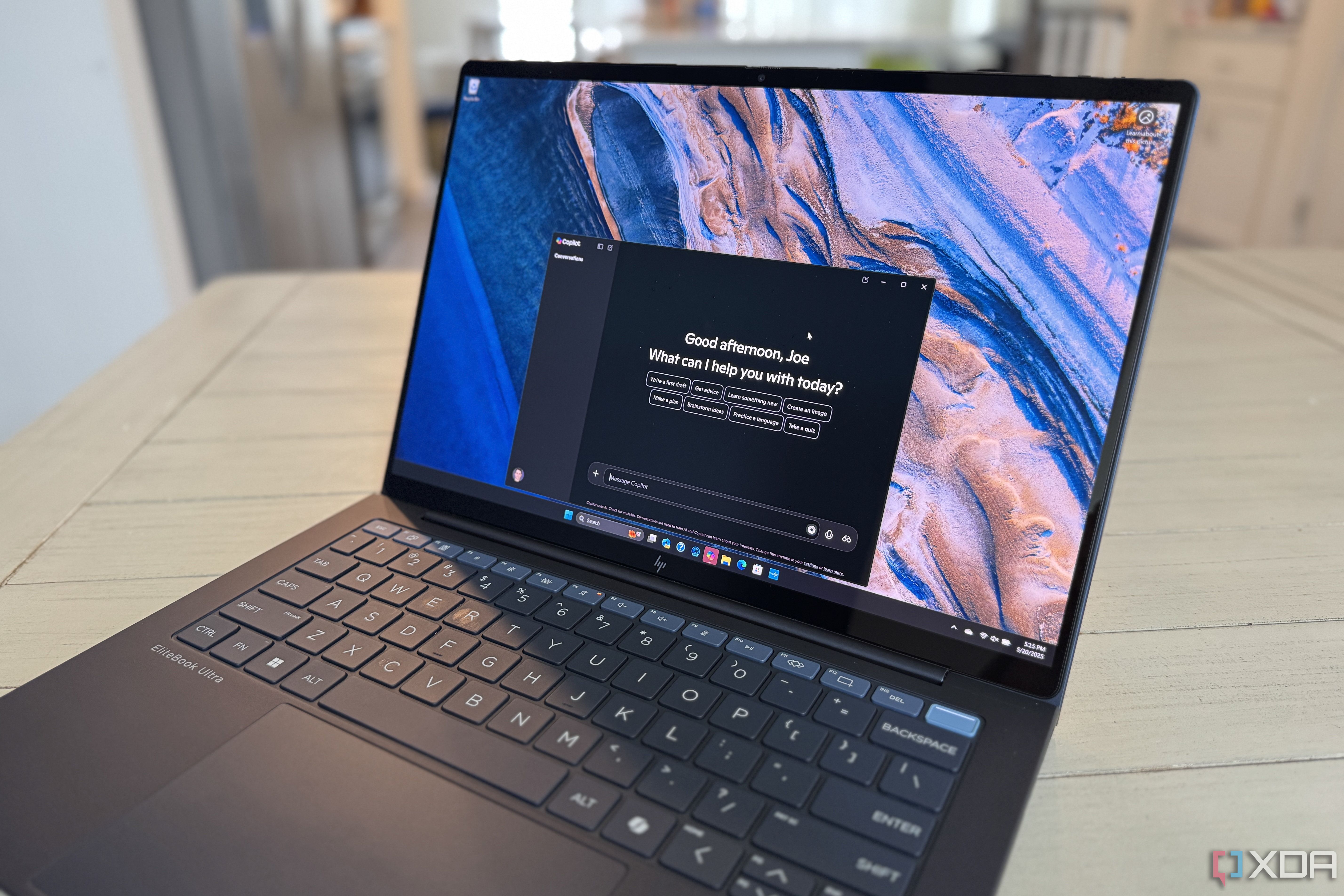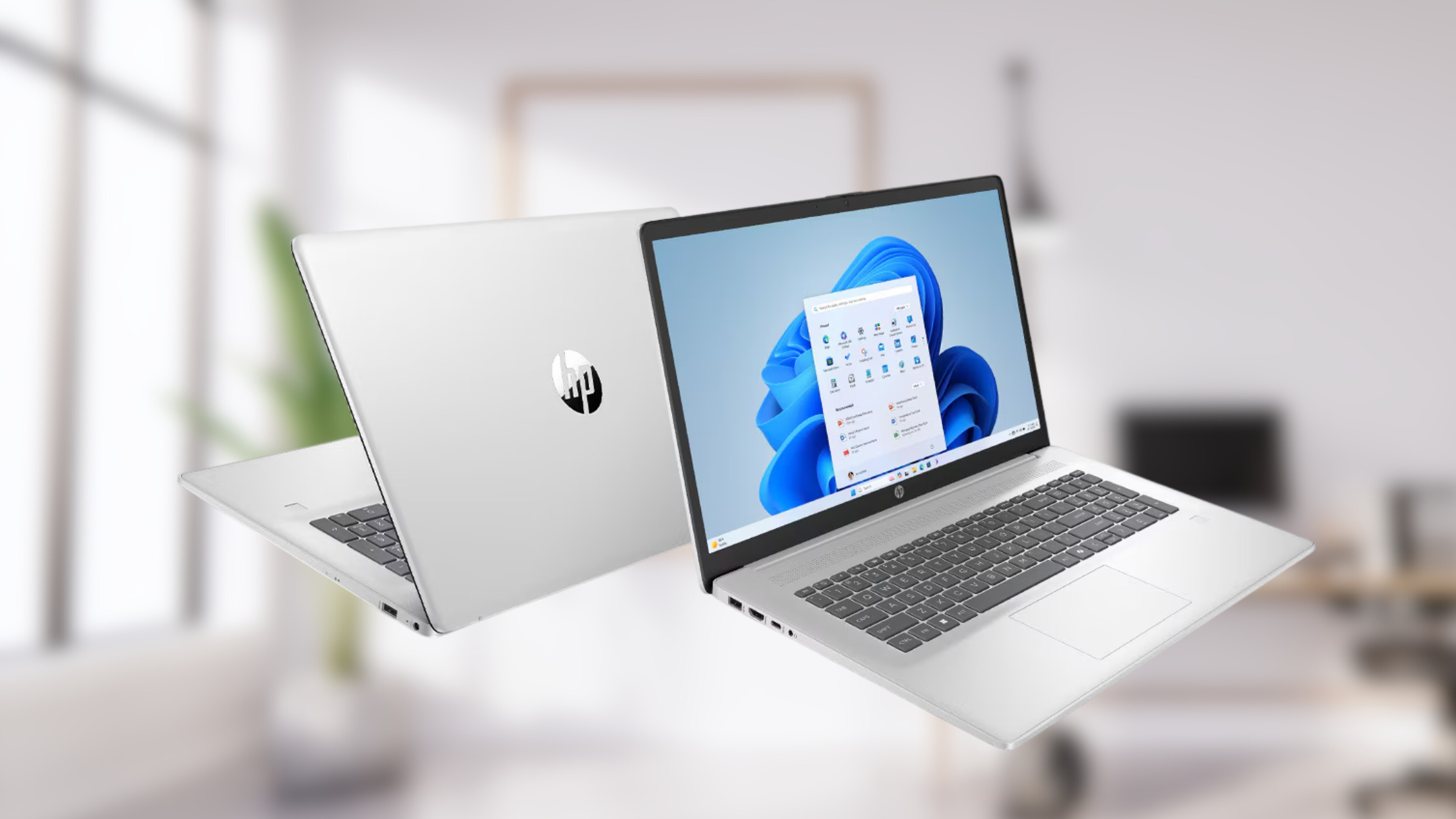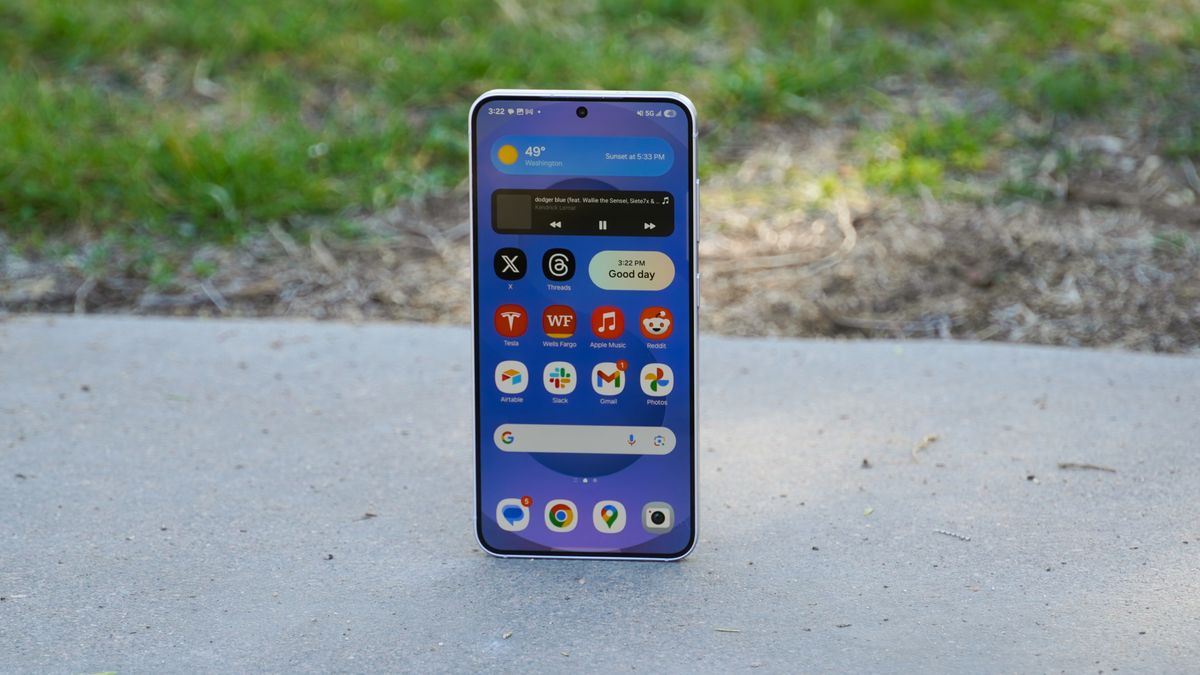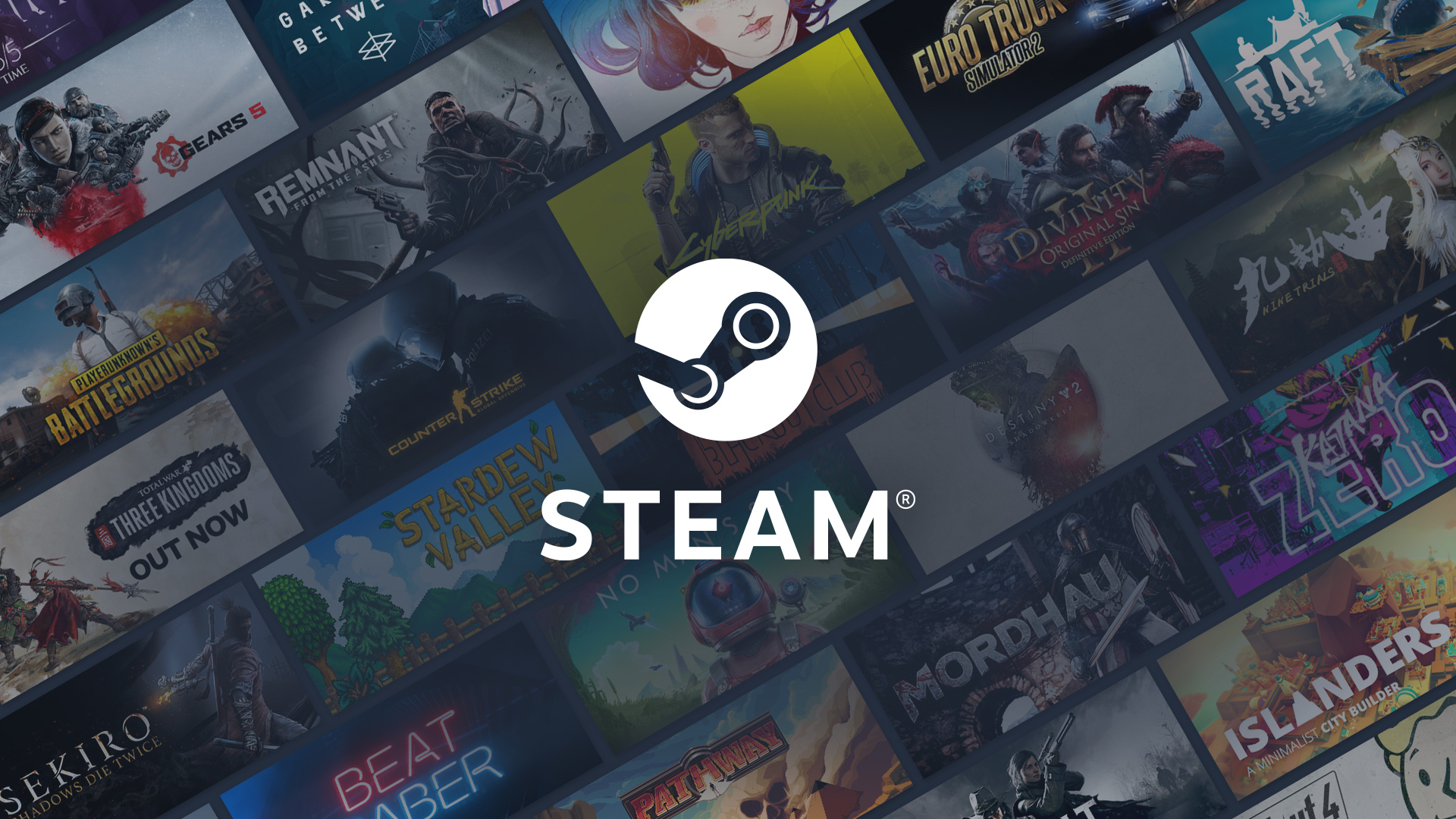Summary
- Microsoft pushing Copilot by adding it to rival AI assistant searches on Bing.
- Widget titled "Your Copilot is here" appears at the top of search results.
- Bing injects the Copilot widget regardless of the browser used, part of Microsoft's strategy to promote Copilot.
It's no secret that Microsoft is a little persuasive when it comes to advertising its browser, Edge. If you've ever installed a new Windows system and used Edge to search for and download a new browser, you'll quickly notice all the warning signs begging you to stick with Microsoft's browser instead. This gets even more intense if you try to download Chrome, with Microsoft pestering you every step of the way.
While that has been the norm for a few years now, Microsoft has found a new golden goose: Copilot. With the company funneling a ton of money into its AI assistant and axing jobs to make room for it, it really wants more people using Copilot, and fast. So, if you're using Bing and you dare enter the name of a rival AI company into it, be ready to face the consequences.
Microsoft begins adding Copilot to the top of rival AI assistant searches

As spotted by Windows Latest, something strange is reportedly happening when you search for services such as ChatGPT or Google Gemini using Bing. On the search results page, instead of seeing the proper website at the top of the results, you'll see a little widget titled "Your Copilot is here." It comes with a description that reads "Effortlessly ask questions, generate images, and handle tasks with Copilot, your reliable companion." It then provides you with a little box to ask stuff in.
If you use the box to enter your query, you'll be whisked off to using Copilot, with Microsoft hoping that you'll find whatever it was you were pulling up ChatGPT for. And Windows Latest notes that Bing injects the widget, not Microsoft Edge, so you should see this pop-up regardless of which browser you use.
This isn't the first time we've seen Microsoft try to divert people toward its products with Bing. Back in January of this year, we saw Bing responding to people searching for "Google" by presenting a unique widget that has the same look and feel as Google, down to a doodle-like graphic. Of course, entering anything into this faux-Google would pass it onto Bing instead. And if you think these tricks are pretty sneaky, I have a nasty feeling that it won't be the last, as Microsoft tries to get people using Copilot to justify its huge spending.
If you want to see how else Microsoft is trying to win people over to use Copilot, you should see how it recently gave its AI assistant a face.
.png)











 English (US) ·
English (US) ·